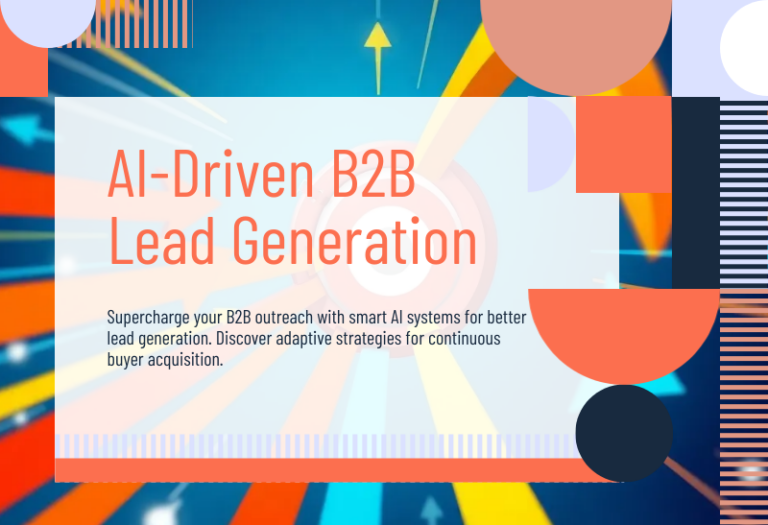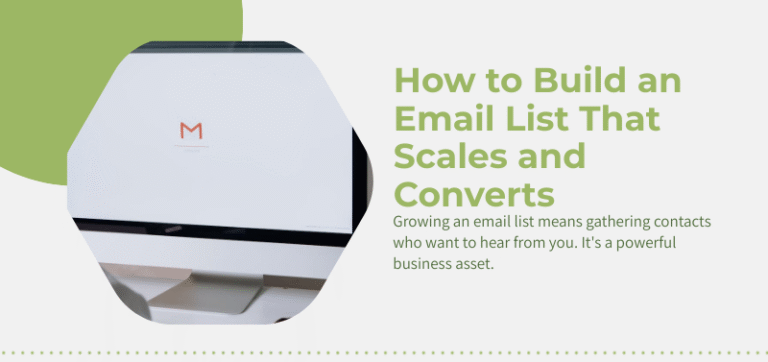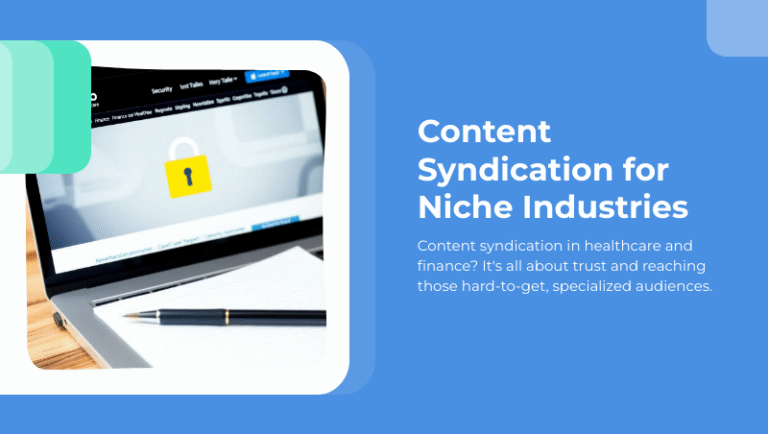Salesforce offers two powerful marketing automation platforms – Pardot and Marketing Cloud. Each platform serves distinct marketing needs, with Pardot focusing on B2B marketing and Marketing Cloud catering primarily to B2C scenarios. Understanding the differences between these two platforms is crucial for businesses aiming to optimize their marketing strategies.
Critical Distinctions Between Pardot and Marketing Cloud
Pardot: The B2B Specialist
Pardot, known for its alignment with B2B marketing, excels in managing ‘considered purchases.’ It’s designed for scenarios with long sales cycles and multiple decision-makers. Pardot’s core capabilities include lead generation, scoring, and nurturing through email campaigns, content marketing, and account-based marketing. It suits professional services and industries where detailed customer engagement is crucial. The platform’s WYSIWYG interface allows for easy management by certified Pardot specialists, even without extensive technical knowledge.
Marketing Cloud: The B2C Powerhouse
In contrast, Marketing Cloud is tailored for B2C marketing. It thrives in environments requiring transactional purchases and high-volume, cross-channel marketing. Marketing Cloud’s strengths lie in its ability to handle real-time messaging, mobile marketing, social media engagement, and e-commerce integration. It offers a wider range of marketing channels, including email, social media, SMS, and display advertising. This platform is ideal for industries like retail, FMCG, health & beauty, travel & leisure, and nonprofits. Marketing Cloud requires more technical expertise due to its complex data management and array of ‘Builders’ and ‘Studios’.
Integration and Compatibility
While Pardot and Marketing Cloud are distinct entities, both integrate with Salesforce’s ecosystem. Pardot has tighter integration with Salesforce CRM, especially with Sales Cloud, allowing for seamless data sync and campaign management. Marketing Cloud, however, uses connectors for data synchronization and offers a broader range of integration options with external systems.
RELATED: SaaS Lead Generation Tips
Addressing Common Misconceptions
- Pardot is not just an email marketing tool; it offers marketing automation capabilities.
- Small and large organizations can leverage Pardot effectively, depending on their marketing needs.
- Marketing Cloud, while more complex, can be managed comfortably by non-developers once correctly set up.
Utilizing Both Platforms
Organizations with the necessary budget can benefit from using both Pardot and Marketing Cloud in tandem, leveraging the strengths of each to create a comprehensive marketing strategy. This dual-platform approach is particularly beneficial for companies that engage in both B2B and B2C marketing.
Decision-Making Criteria
- For long sales cycles with multiple decision-makers: Pardot
- For high-volume, multi-channel transactional marketing: Marketing Cloud
- Consider the specific marketing needs and processes of your organization before deciding.
Functionality Breakdown
While both platforms offer email marketing, landing pages, and forms, their capabilities differ in transactional messaging, progressive profiling, and digital advertising. Pardot excels in engagement history tracking and lead nurturing, whereas Marketing Cloud offers more in web and mobile analytics, as well as server-side scripting.
Marketing Cloud vs Pardot breakdown
Pardot is more than just an email marketing tool; it segments and targets prospects effectively, also offering functionalities for high-touch sales strategies and integration with Salesforce Opportunities, although with more limited tools for other channels compared to Marketing Cloud.
The notion that Pardot is solely for smaller budgets is misleading. Due to its scalability and cost-effectiveness, it’s utilized by a broad range of businesses, but choosing it solely for its lower initial cost can lead to higher long-term expenditures on customizations.
Pardot is user-friendly and suitable for teams without deep technical resources, yet maximizing its capabilities does require specialized knowledge. Conversely, Marketing Cloud demands a higher level of technical skill, but once set up, it’s accessible for non-developers to use efficiently.
Companies can indeed utilize both platforms if their budget allows, harmonizing their processes to take advantage of each system’s strengths. The decision to use one or both platforms should be based on your organization’s specific sales processes and marketing needs, not just on financial considerations.
Choosing between Pardot and Marketing Cloud depends on your organization’s specific marketing requirements. Understanding each platform’s strengths and how they align with your marketing strategy is key to leveraging Salesforce’s powerful automation tools effectively.



